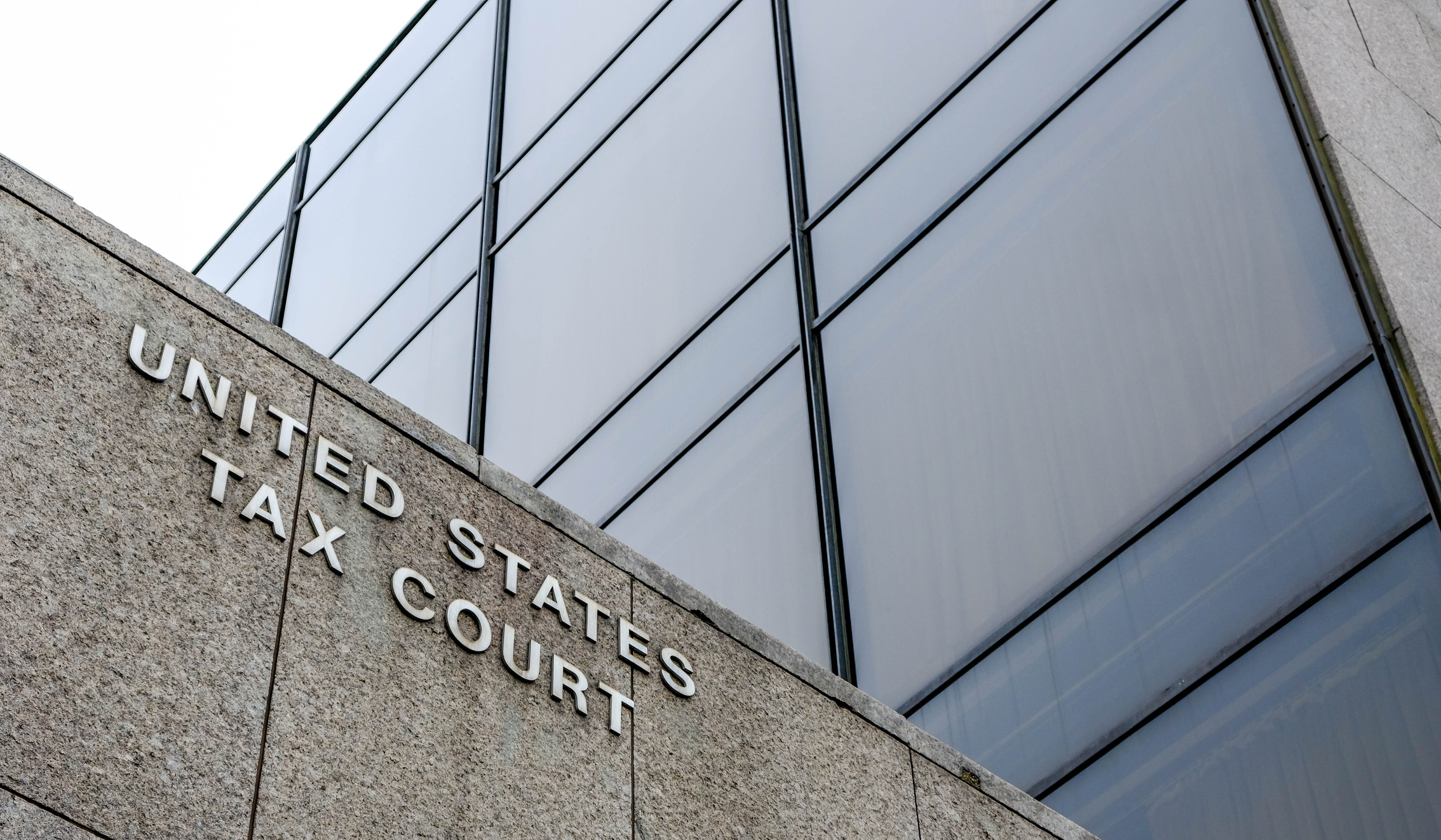
Getting the right tax advice and tips is vital in the complex tax world we live in. The Kiplinger Tax Letter helps you stay right on the money with the latest news and forecasts, with insight from our highly experienced team (Get a free issue of The Kiplinger Tax Letter or subscribe). You can only get the full array of advice by subscribing to the Tax Letter, but we will regularly feature snippets from it online, and here is one of those samples…
How broad is a U.S. Supreme Court case on U.S. Tax Court filing deadlines? In April 2022, the Supreme Court sided with a taxpayer who filed a Tax Court petition one day late to seek a collection due process hearing, ruling the statutory 30 days for filing a petition in a collection due-process case can be waived by a court for equitable reasons.
After the company in the above case did not pay a penalty, the IRS sent a notice of determination sustaining a levy. The taxpayer had 30 days from the date on the letter to petition the Tax Court for a collection due process hearing, but it mailed the petition on day 31.
The statutory 30-day rule can be waived by a court for equitable reasons, the Supreme Court decided, overruling decisions by the Tax Court, and an appeals court. The Supreme Court sent the case back down to the Tax Court for that court to decide whether, based on the facts, it should review the IRS’s collection due process determination, despite the taxpayer’s late filing of its petition (Boechler, S.Ct.).
Late Tax Court petitions in deficiency cases
An open question arising from the Supreme Court’s 2022 decision involves late Tax Court petitions in deficiency cases. Taxpayers generally have 90 days from the date of an IRS deficiency notice to either pay the tax or petition the Tax Court for relief. The IRS and the Tax Court have claimed the 90-day rule is set by statute and can’t be tolled for late petitions.
The Tax Court hasn’t budged on late-filed petitions in deficiency cases, as shown by a November 2022 case involving a firm that filed its petition on day 91. The Tax Court tossed the case, saying the 90-day rule in deficiency cases is set by statute, and it has no authority to waive the deadline for equitable reasons. (Hallmark Research Collective, 159 TC No. 6).
The Tax Court reviewed the language in the tax code’s deficiency deadline statute, including Congress’s intent, and differentiated it from the 30-day collection due process hearing deadline statute that was before the Supreme Court.
But the 3rd Circuit Court of Appeals recently took the opposite position in another case involving a couple who claimed they never received the deficiency notice from the IRS and filed a late Tax Court petition. The Tax Court tossed their case because of the late filing. The appeals court reversed. It relied in part on the 2022 Supreme Court decision and said the 90-day requirement in the tax code for filing tax petitions in deficiency cases isn’t jurisdictional. Instead, the Tax Court must determine whether the couple is entitled to equitable tolling (Culp, 3rd Cir.).
This first appeared in The Kiplinger Tax Letter. It helps you navigate the complex world of tax by keeping you up-to-date on new and pending changes in tax laws, providing tips to lower your business and personal taxes, and forecasting what the White House and Congress might do with taxes. Get a free issue of The Kiplinger Tax Letter or subscribe.







